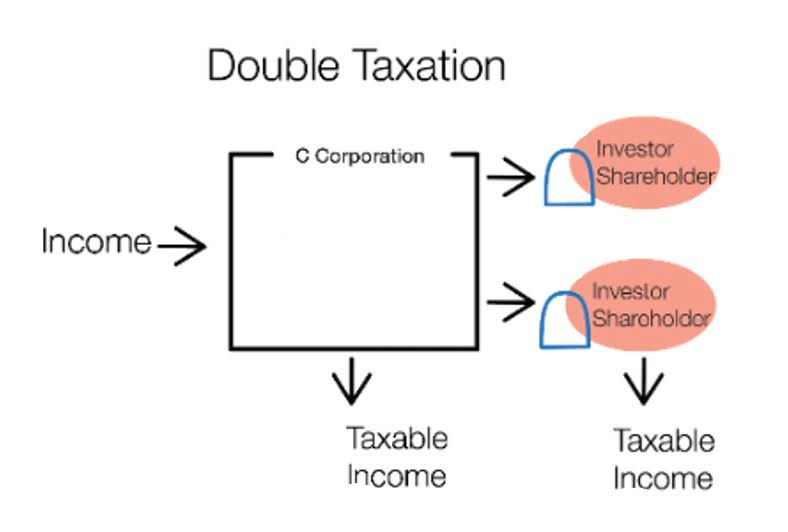Complete Guide to Real Estate Accounting

In big business, raising or reducing costs by just a few cents can equal millions of dollars. There are probably hundreds of dollars you can shave off your expenses every month in your business or your household. These details could change how you choose to manage or outsource your bookkeeping needs, so it’s essential to understand the expectations and policies. Knowing how to itemize your financial accounts properly can save you time and effort at tax time and alleviate stress.

Informed decision-making
Many real estate agents must track their income and expenses to ensure financial health. Proper accounting and bookkeeping can help manage cash flow, track property sales, and prepare for tax time. As the real estate market continues bookkeeping for realtors to intensify in competitiveness, the role of efficient and precise bookkeeping becomes increasingly critical.

Best Rental Property Accounting Software 2024 update

Once you develop patterns and practice good itemization, you’ll be able to complete this step quickly. If you were questioning if real estate professionals really need a bookkeeper, sure enough, the answer at this point would be a “yes! ” But getting the right one is what will make all of the difference. Pro members get unlimited access to expert market analysis, property analysis calculators, exclusive events, and more. Join BiggerPockets and get access to real estate investing tips, market updates, and exclusive email content. Hopefully, these questions help you if you are currently working with a bookkeeper or CPA to know if they are profitable for you.

Understanding the Basics of Real Estate Bookkeeping
- Real-time data access ensures that businesses have up-to-date financial information.
- By understanding potential future cash flows, property owners can make informed decisions about property improvements, expansions, or sales.
- Making sure these are handled correctly means everyone gets paid properly and records stay accurate.
- Integrate your bank and credit card accounts with accounting or property management software.
- Finally, we examined some of the best practices to put in place for successful real estate accounting.
- Regular reviews ensure that accounting practices comply with standards.
It’s a strategic approach that ensures the long-term success of a real estate business. Regular ROI analysis sessions can provide insights into market dynamics and investor expectations. Additionally, they can highlight areas of improvement, ensuring that properties continue to offer competitive returns. Real estate accounting involves recording, analyzing, and reporting financial transactions related to properties. It’s the backbone of a successful real estate business, guiding financial decisions and strategies. This domain ensures cash flow that all financial activities align with industry regulations and standards.
with XOA TAX’s bookkeepers.
While both accounting and bookkeeping deal with financial data, their roles differ significantly. Bookkeeping involves the day-to-day tasks, such as recording invoices and tracking rental income. Accounting, on the other hand, takes a broader perspective, interpreting, classifying, and analyzing this data. Accountants often use this data to provide financial forecasts, tax preparations, and strategic recommendations. Recognizing these differences is vital for effective financial https://www.bookstime.com/ management in real estate. Implementing regular audit checks, streamlining expense tracking, and setting clear financial protocols are essential.
- Advanced software solutions offer features for feedback collection.
- Real estate accounting offers tools to track these expenses and optimize returns.
- Advanced software solutions offer features for seamless data transfer.
- Accurate showcasing ensures that businesses present their achievements effectively.
- Accurate budgeting drives informed decision-making and ensures that financial plans support property management objectives.


